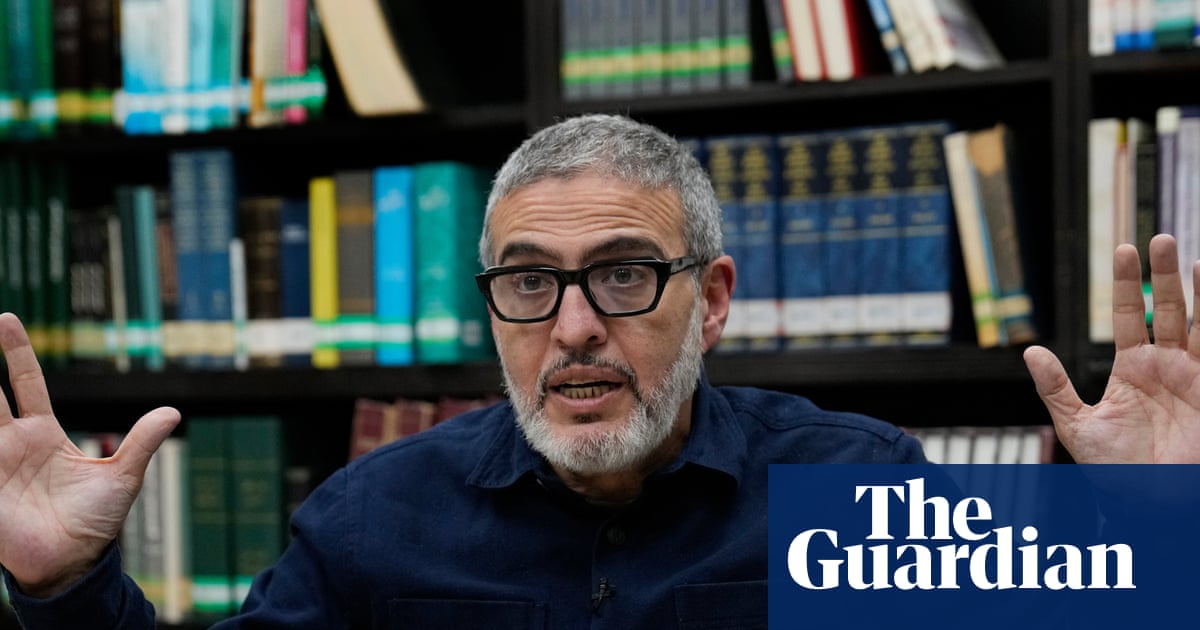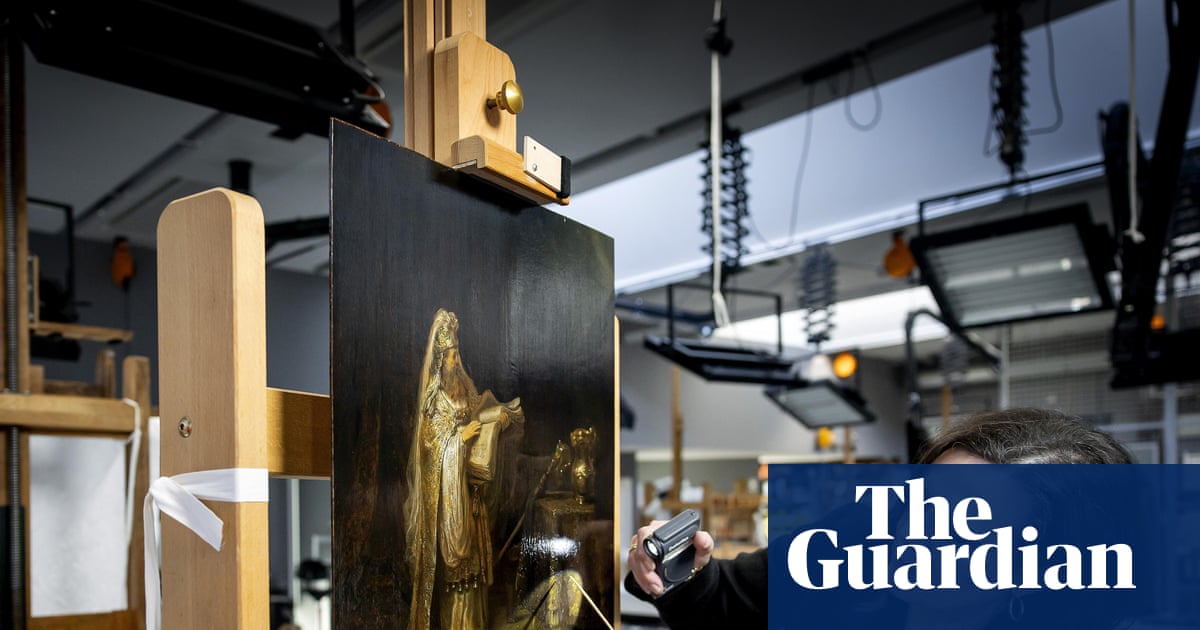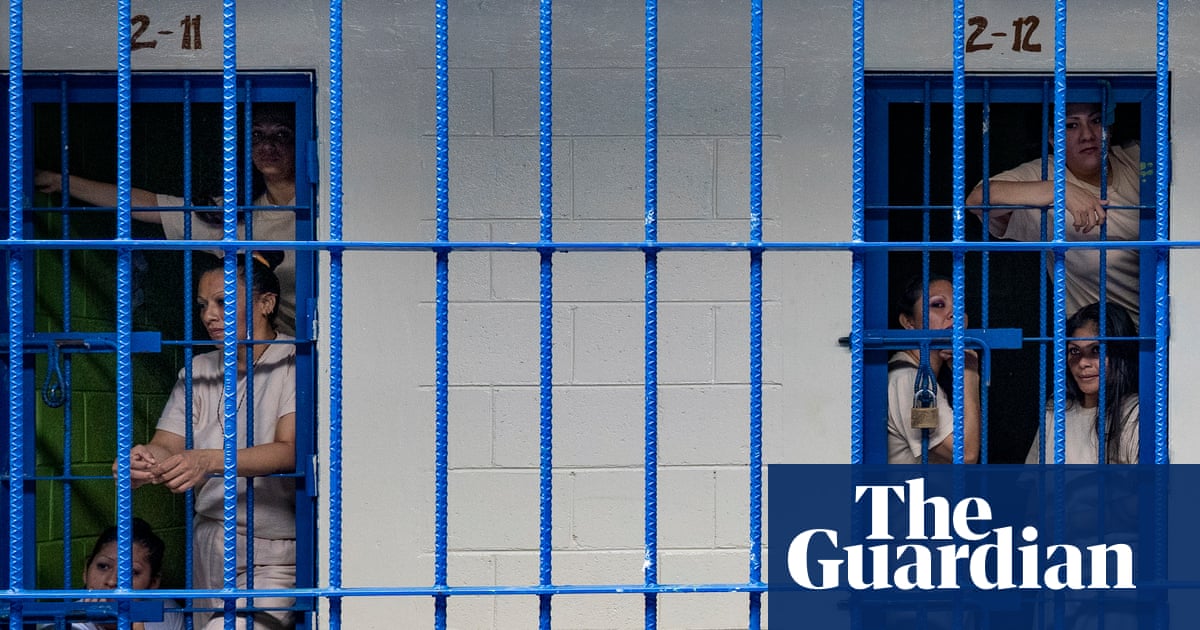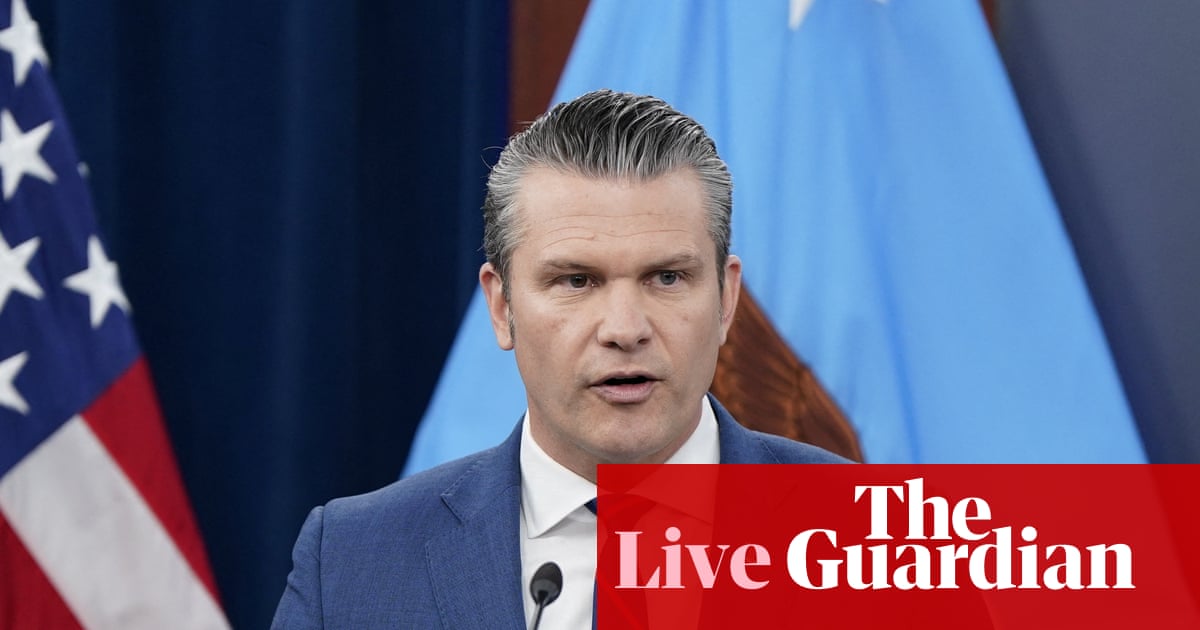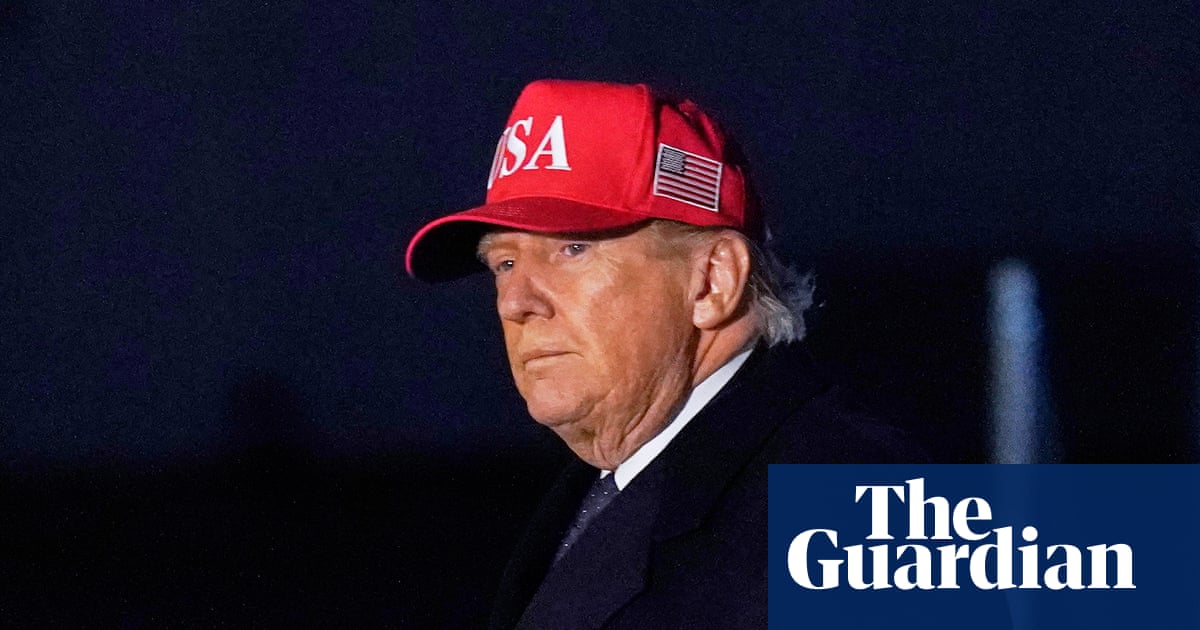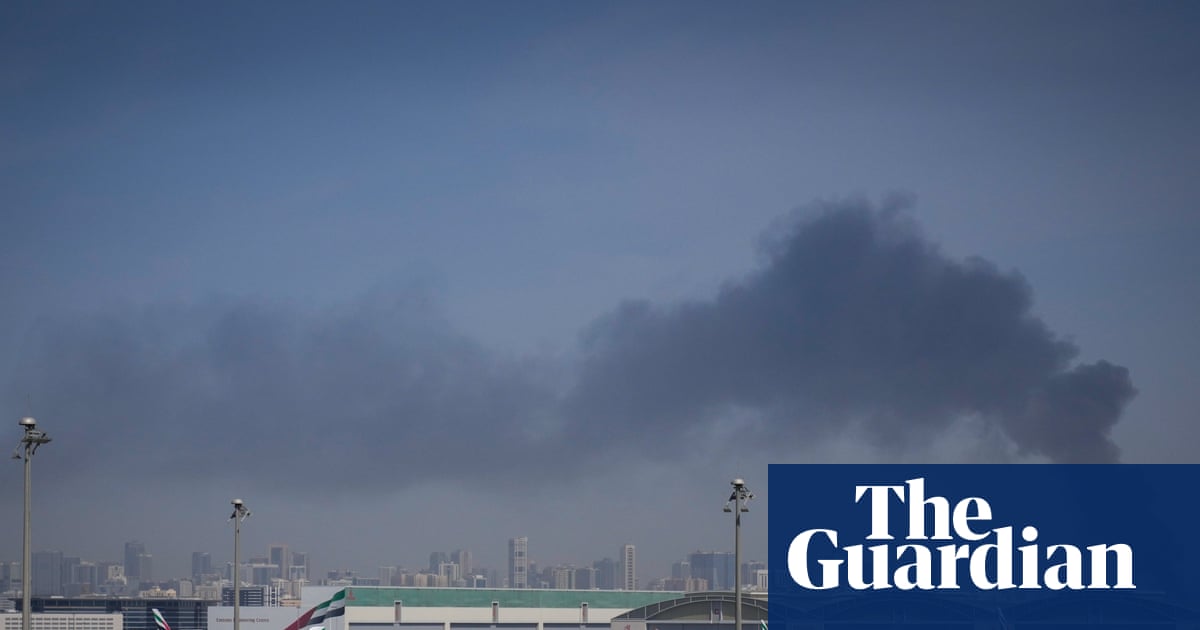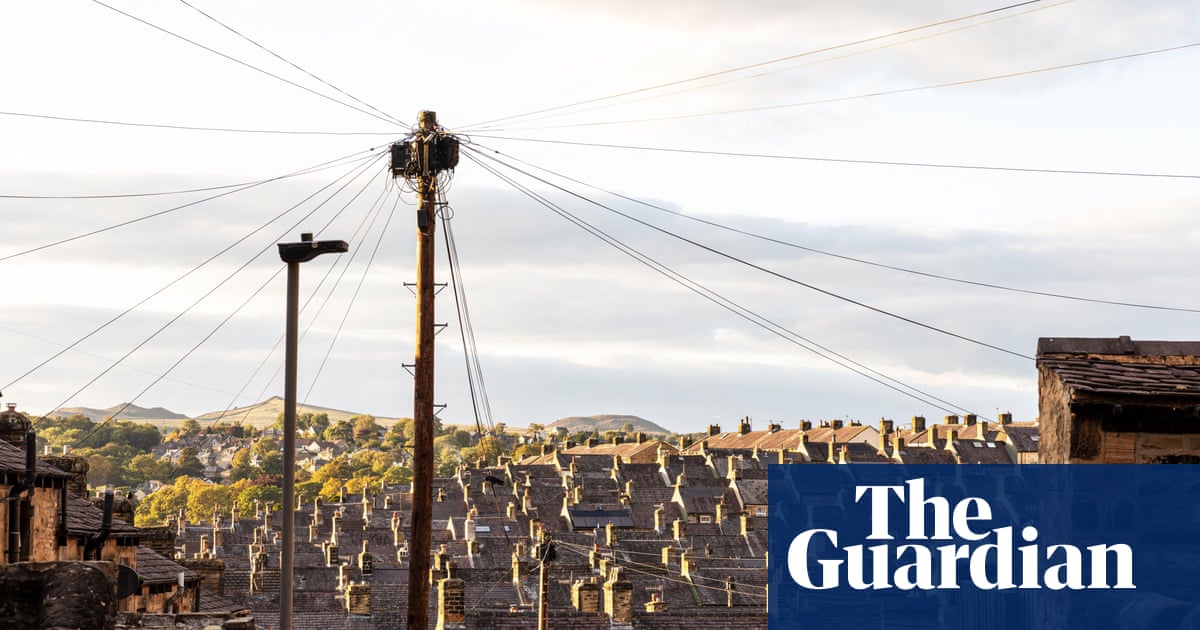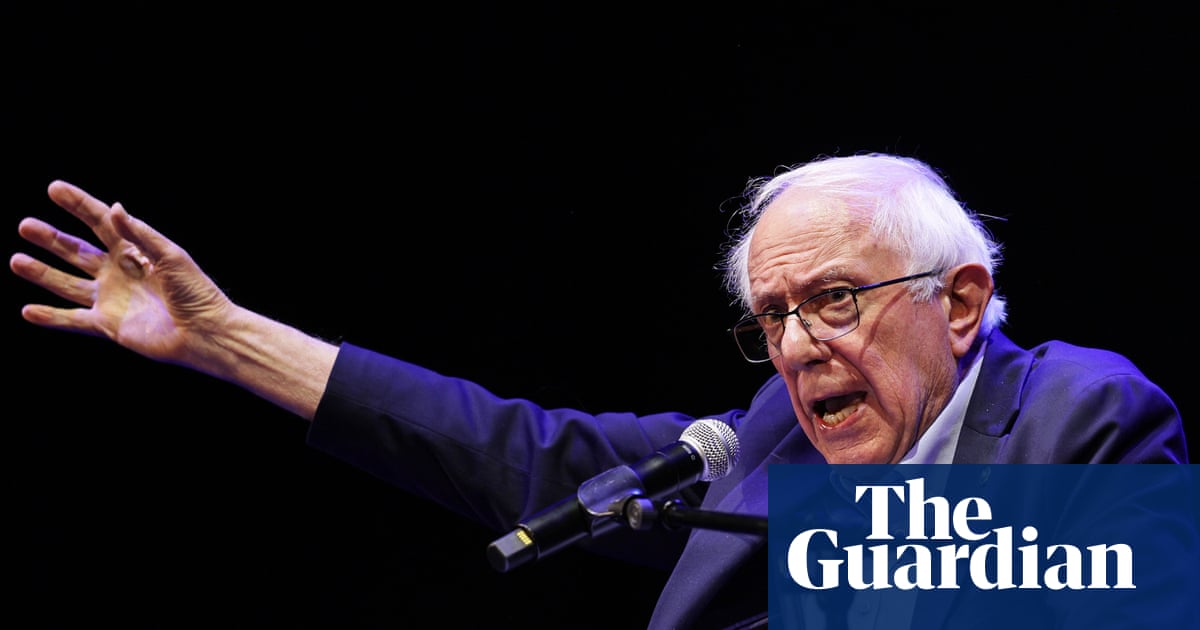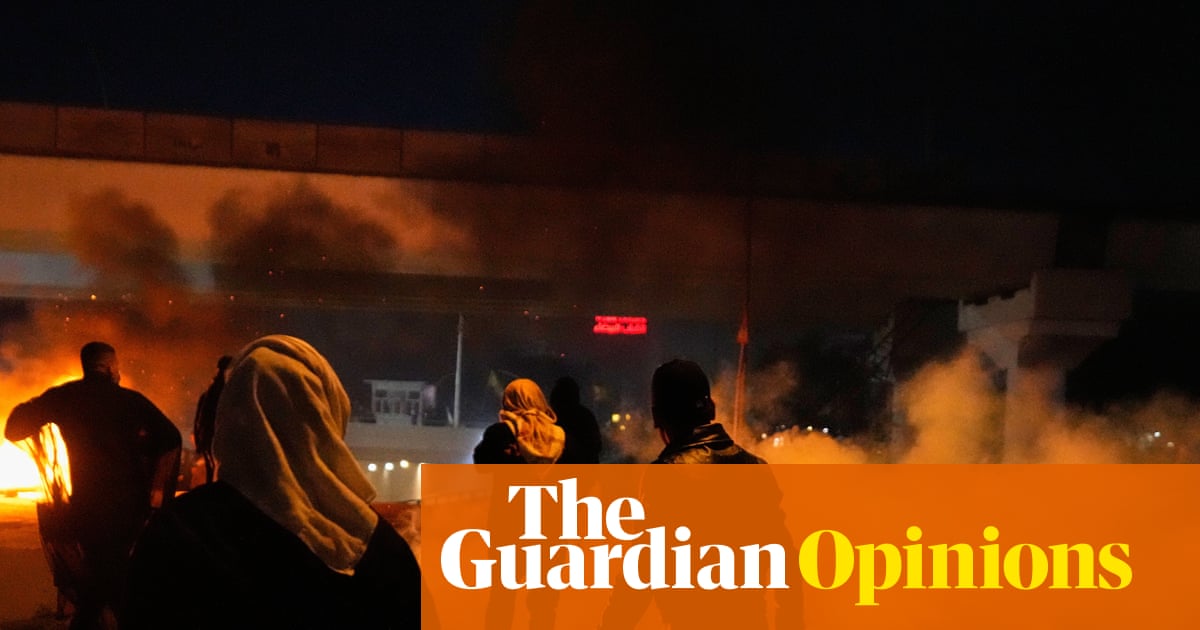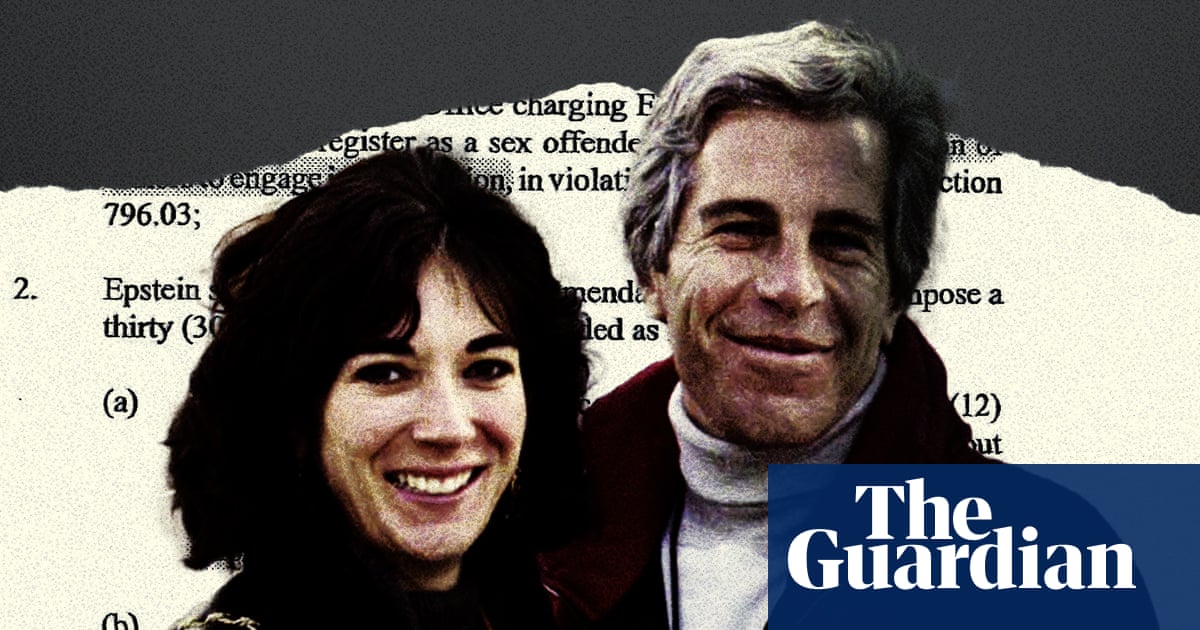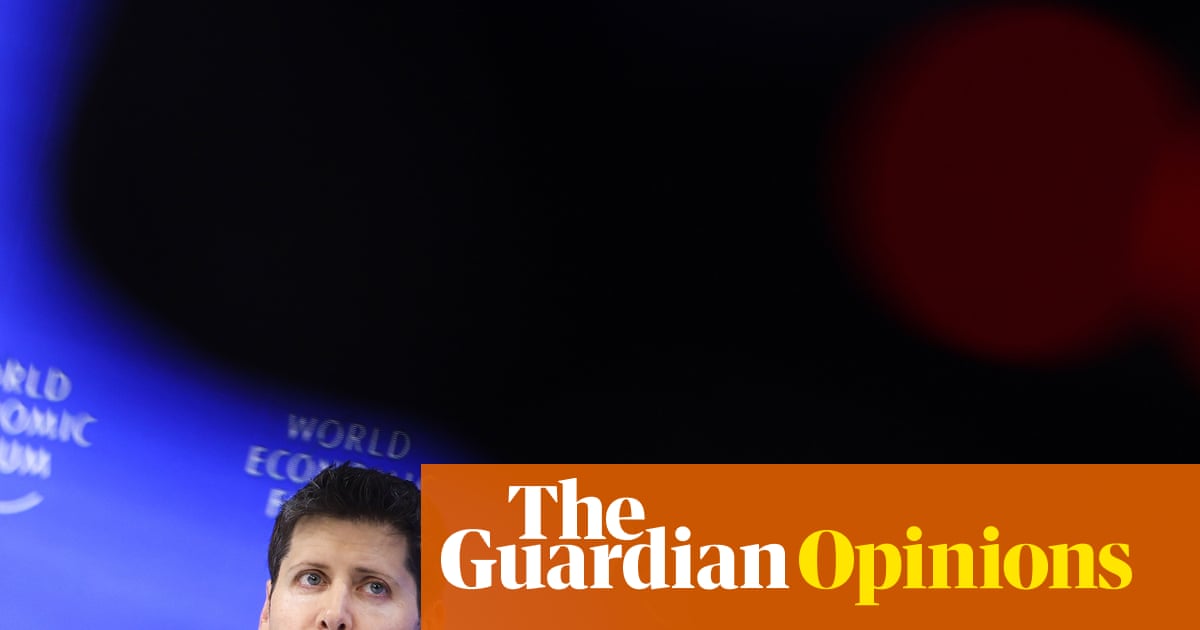For Thomas Tuchel, there was an unmistakable circularity, a pleasingness to the narrative arc. The England head coach began his tenure with a World Cup qualifying victory against Albania at Wembley last March. And he finished the first phase of the mission to add a second star to the shirt with another one – by the same scoreline in Tirana.
It is surely worth taking a moment to digest the headline numbers. This was England’s eighth qualifying win out of eight and an eighth clean sheet. Never before has a European team gone through World Cup qualification – playing at least six ties – without letting in a goal. It is a record to fire hope, which has sent out a message.
The story here was one of England lengthening their stride from around the hour mark. Before then, the game had been tight but there was encouragement to be found in how Tuchel’s team stayed cool and made their punches count, how they once again used their strength off the bench. And got a set piece to work. At the heart of everything was an inevitability. It was Harry Kane who got the goals.
Bukayo Saka had been summoned as a substitute and when he went to take a corner, it was the first time he had done so during the campaign. Seconds later, the ball had flicked off the Albania left-back, Naser Aliji, and there was Kane to turn home from point-blank range.
Albania’s resistance was broken and Kane twisted the knife with his second, a firm header at the far post after another replacement, Marcus Rashford, had crossed from the left. It took Kane’s tally for the season to 28 goals in 22 appearances for Bayern Munich and England. It also moved him to 78 international goals; one more than Pelé finished with for Brazil.
Tuchel wanted to see a clear playing identity emerge from the autumn programme and, after tweaks and some streamlining, it has done so. He has established a hierarchy in every position; no square pegs in round holes. Clarity has been a watchword. So has the brotherhood in the camp. Tuchel has learned on the job. And it is hard not to feel that something is bubbling.
The absence of jeopardy here was total because England had already sewn up top spot in the group, Albania had made sure of second place and a playoff berth by beating Andorra last Thursday, England’s Wembley win over Serbia giving them a helping hand. Tuchel was thanked for the “assist” by an Albanian journalist at the pre-match press conference.
Tuchel rang the changes and yet it was still insightful to reflect on the evolution of his lineup since the first game against Albania. The major takeaways? Kyle Walker has been ushered towards the end of the line on the international front while Myles Lewis-Skelly, who scored the opening goal on that occasion, is out of the squad; Nico O’Reilly is now in possession of the shirt at left-back.
Curtis Jones has been overtaken in midfield by Elliot Anderson although there was a starting opportunity for Adam Wharton. Phil Foden played on the right wing that night which will not happen moving forward, Tuchel making it clear he sees him in a central attacking role.
Albania have been a tough nut to crack during the campaign; they had conceded just three times going into this tie. As expected, the manager, Sylvinho, set up in a 4-5-1 formation, the former Arsenal player happy to invite England on and seek to land something on the counter. Tuchel predicted that England would dominate possession. It has been a theme. What could they do with it?
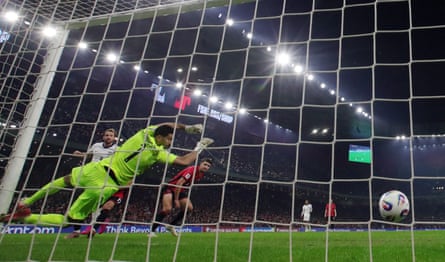
It was interesting to see John Stones step up into midfield at the outset and Declan Rice look to make runs into the box. He had a few flickers in the opening quarter. There was a nice passing move from back to front in the eighth minute, Kane missing the final one for Rice and if that gets a mention, it was because it was an isolated moment of genuine cohesion in the first half.
England were hungry on the counter-press; it is a basic requirement for Tuchel. On the ball before the interval, it all came to feel locked. The moves were highly structured, Kane dropping deep, Rice drifting left, runners making their moves. But with Albania well organised, it was a struggle for England to find the spaces, any real fizz.
after newsletter promotion
Tuchel’s team created only one proper chance in the first half when Kane then Jude Bellingham, who was back in the starting XI, did well to shrug off challenges and work the ball to Jarrod Bowen on the right. His low shot for the far corner forced Thomas Strakosha into a smart save.
Tuchel gave Jarell Quansah his debut, asking him to play at right-back which was not ideal for the Bayer Leverkusen centre-half. Furthermore, Quansah was up against Albania’s most dangerous player, the winger Arbër Hoxha. The hosts grew in confidence during the first half, any moments in the final third sparking huge excitement in the sell-out crowd.
They pushed after the restart and Hoxha twice went close. First, he cut inside and extended Dean Henderson, who had been afforded a rare start in goal. The second one was the big one. After Dan Burn erred with a pass, Nedim Bajrami broke up the right to cross. Hoxha shot wastefully at Henderson.
England responded. Bellingham picked out Eberechi Eze, whose low shot for the near corner was well saved by Strakosha. Bellingham snatched at a chance after a set piece broke for him. Tuchel made an attacking change, sending on Saka and Foden, asking the latter to play in a central attacking midfield role alongside Bellingham. Call it 4-1-4-1. It worked.
Saka shot too close to Strakosha and the touchpaper was lit when Henderson came out of his area to challenge Qazim Laci, who was left in a heap. England played on and the crowd fumed. A cup of beer was hurled from the stands on to the pitch.
England had the bit between their teeth. There was intensity and intent. O’Reilly, who was good going forward, released Saka with a fabulous flick only for the winger to hesitate and look square for Kane rather than shoot. Saka was not finished. Neither was Kane.

.png) 3 months ago
65
3 months ago
65

